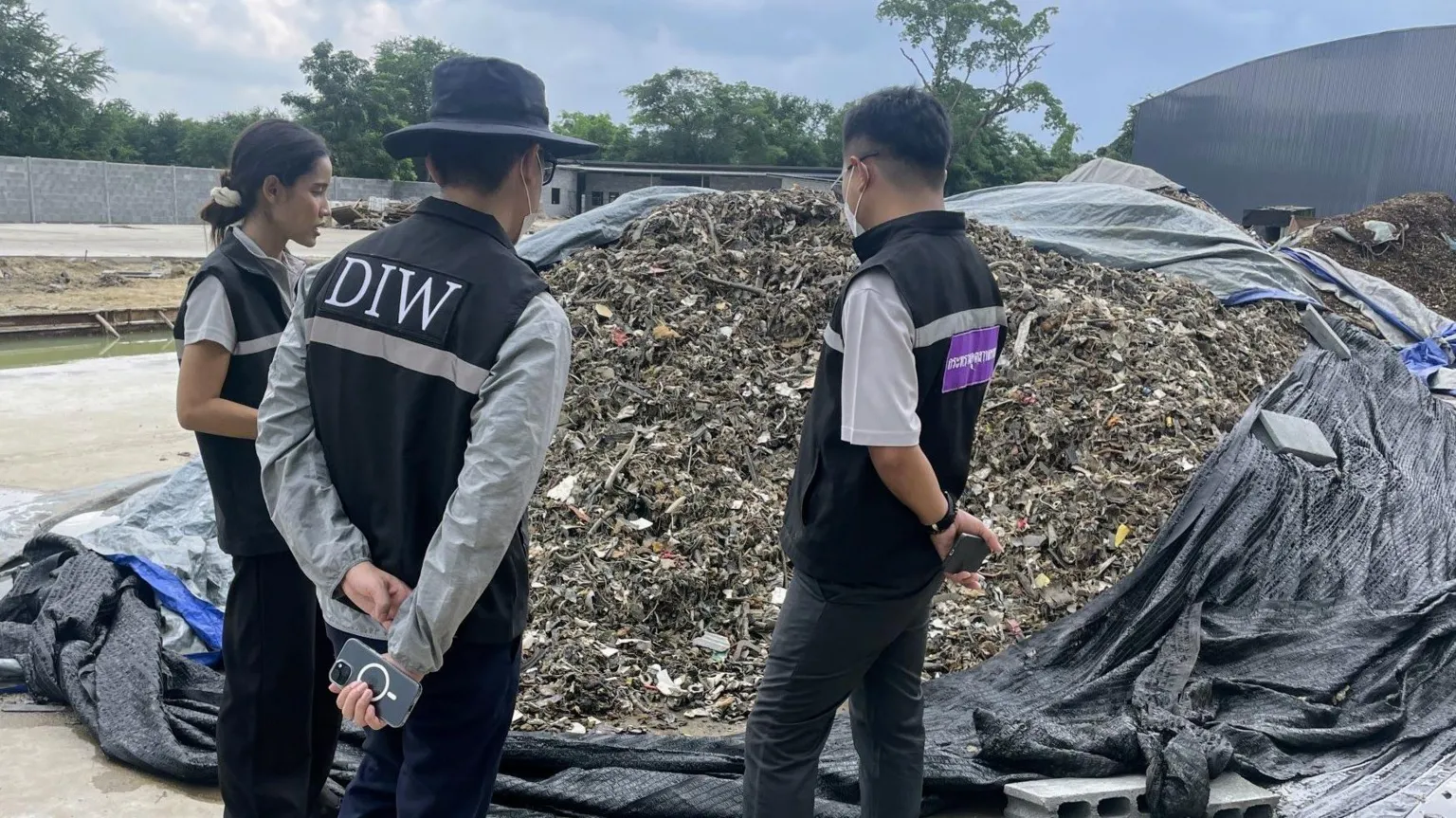Study reveals Africa will reach 1.5C climate change threshold by 2040 even under low emission scenarios
New research highlighted in the journal CABI Reviews suggests that all five subregions of Africa will breach the 1.5C climate change threshold – the limit stipulated by the Paris Agreement – by 2040 even under low emission scenarios.
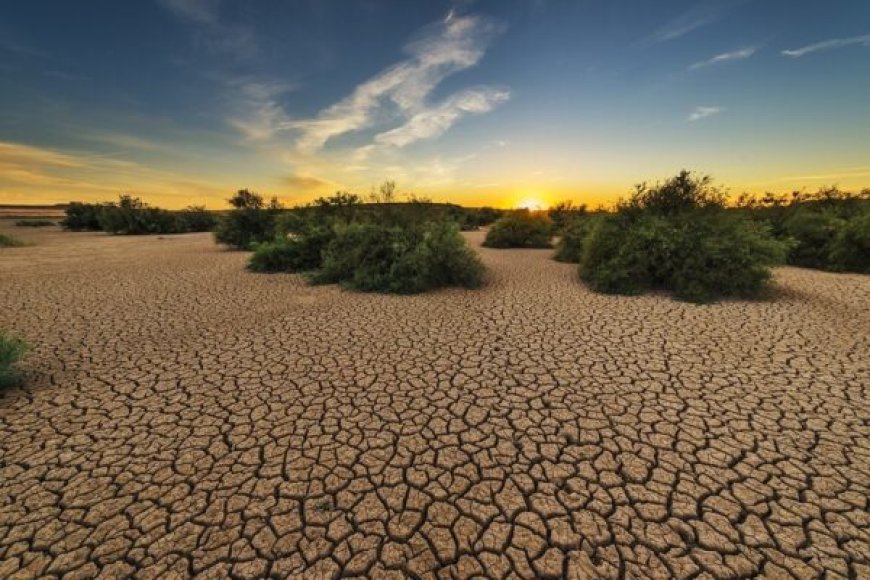
New research highlighted in the journal CABI Reviews suggests that all five subregions of Africa will breach the 1.5C climate change threshold – the limit stipulated by the Paris Agreement – by 2040 even under low emission scenarios.
A team of scientists, from the University of Zimbabwe, and the International Livestock Research Institute (ILRI) in Kenya, conducted a literature review to develop a framework for just transition pathways for Africa’s agriculture towards low emission and climate resilient development under 1.5C of global warming.
They found that despite Africa emitting less than 4% of global greenhouse gas emissions in the atmosphere, the 1.5C climate change threshold will be approached by 2040 in all five subregions of Africa, even under low emission scenarios.
Just transition pathways for Africa’s agriculture are urgently required
The scientists stress that just transition pathways for Africa’s agriculture are urgently required for sustainable production systems that enhance food security and poverty reduction, while optimising mitigation co-benefits.
Professor Paul Mapfumo, Vice Chancellor of the University of Zimbabwe and lead author of the paper, said novel climate conditions are posing a serious threat to humanity and ecological systems, presenting and aggravating social injustices at different levels.
Distributive, procedural and recognition injustices include, the scientists say, inherent inequalities, gender disparities or narrow employment opportunities which they argue will be inevitably amplified and reinforced by the changing climate.
Prof Mapfumo said, “African agriculture-based livelihood systems will be invariably the most affected because of their reliance on climate-sensitive agriculture and limited adaptive capacity due to low economic development linked primarily to historical contingency.
“They have experienced considerable losses and damages from climate change, and this will worsen with increasing intensity of climate hazards.
“Neither the existing or planned incremental adaptation mechanisms, nor the anticipated benefits of migratory measures, are sufficiently comprehensive to match the pending novel climate conditions.”
Reprogramming of the cropping, livestock and fishery systems for climate proofing
Prof Mapfumo and his colleagues argue that the just transition pathways for Africa’s agriculture should be anchored on reprogramming of the cropping, livestock and fishery systems for climate proofing with a specific focus on a range of underpinnings.
These include financing the advancement of science, technology and innovation; restoring neglected or underutilised crops and livestock genetic pools; regenerating soil fertility and advancing soil health; restoring degraded land; protecting natural ecosystems and biodiversity; accessing quality education training and information technologies; and developing markets and creating novel distribution and trade opportunities.
Prof Mapfumo added, “Such efforts should also focus on mechanising and greening Africa’s agriculture as driven by a deliberate ‘Green Industrial Revolution’ for the new normal induced by climate change.
“Sustainability of climate change response and a just transition pathway framework for Africa also lies in corresponding transformation of education systems and research capacities tailored to drive economic development for Africa.”
The scientists conclude that the developed just transition framework offers opportunities for social inclusion, equity, building capacity for self-mobilisation and self-organisation of communities for climate action, and investments in the transition pathways for building a climate resilient agriculture towards zero poverty and meaningful contribution towards zero carbon.
The African Group of Negotiators Experts Support (AGNES) funded the study.
Additional information
Main image: Maize farmers in Ghana (Credit: CABI).
Full paper reference
Paul Mapfumo, Jairos Rurinda, Laura Cramer, Terrence D. Mushore, George Wamukoya, ‘Developing just transition pathways for Africa’s agriculture towards low emission and climate resilient development under a 1.5°C global warming,’ CABI Reviews, 25 February (2025). DOI: 10.1079/cabireviews.2025.006
The paper can be read here.
Media enquiries
For more information contact:
Professor Paul Mapfumo, Vice Chancellor, University of Zimbabwe – email: paulmapfumo@gmail.com
Wayne Coles, Senior PR Manager, CABI – email: w.coles@cabi.org
About CABI Reviews
CABI Reviews is an international reviews journal that seeks out cross-cutting issues in agriculture and related sciences and global health, with a focus on research that will help world food security and attainment of sustainable development goals.
About CABI
CABI is an international not-for-profit organization that improves people’s lives by providing information and applying scientific expertise to solve problems in agriculture and the environment.
Through knowledge sharing and science, CABI helps address issues of global concern such as improving global food security and safeguarding the environment. We do this by helping farmers grow more and lose less of what they produce, combating threats to agriculture and the environment from pests and diseases, protecting biodiversity from invasive species, and improving access to agricultural and environmental scientific knowledge. Our 49-member countries guide and influence our core areas of work, which include development and research projects, scientific publishing, and microbial services.
We gratefully acknowledge the core financial support from our member countries (and lead agencies) including the United Kingdom (Foreign, Commonwealth and Development Office), China (Chinese Ministry of Agriculture and Rural Affairs), Australia (Australian Centre for International Agricultural Research), Canada (Agriculture and Agri-Food Canada), Netherlands (Directorate-General for International Cooperation, and Switzerland (Swiss Agency for Development and Cooperation). Other sources of funding include programme/project funding from development agencies, the fees paid by our member countries and profits from our publishing activities which enable CABI to support rural development and scientific research around the world.




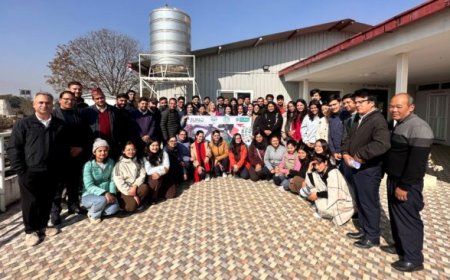


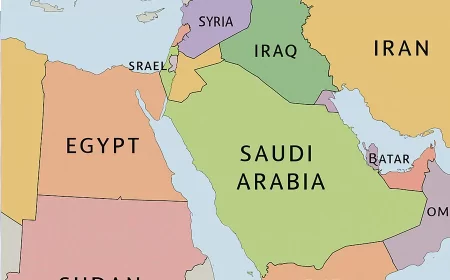








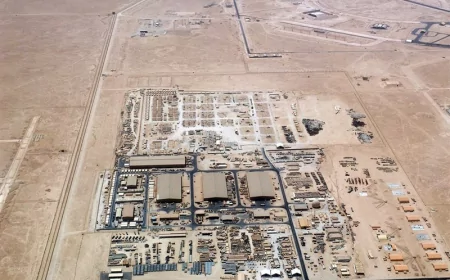
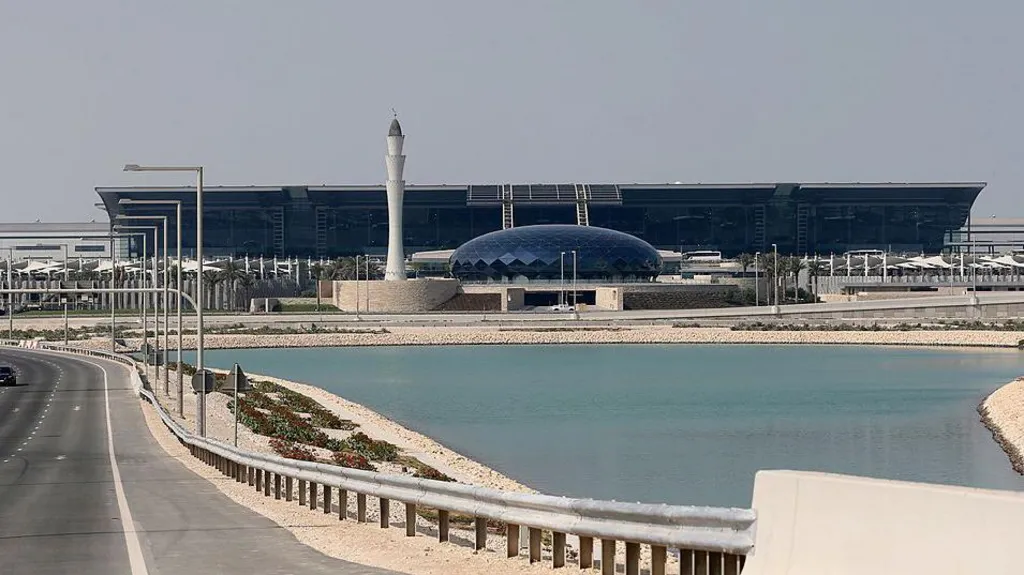






























:format(webp)/cdn.vox-cdn.com/uploads/chorus_image/image/73776247/1227541383.0.png)

